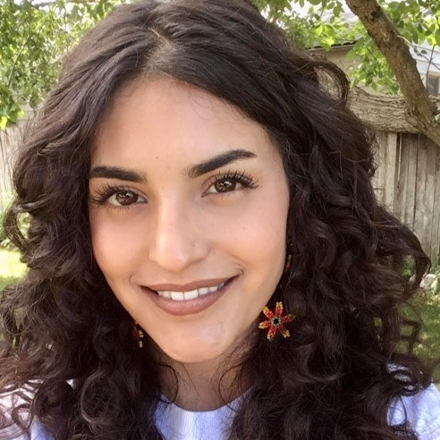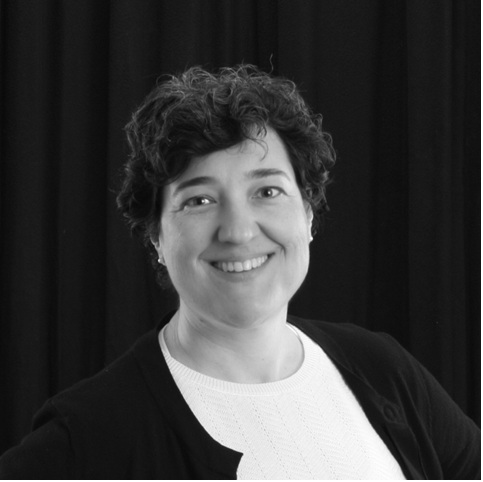
In the News
Contact Tracers Provide Empathetic Ears To People Struggling With Isolation
- Spokane Public Radio
-
Focus Areas
Communicable Disease Prevention -
Issues
Mental Health -
Programs
Tracing Health -
Strategic Initiatives
COVID-19

In the holiday season, when people are staying home to keep each other safe, contact tracers are providing friendly voices for people with the coronavirus. They can play an important role during a season when people are struggling with mental health.
Jessica Ochoa is the leader of one of three Spokane contact tracing teams that work for the Public Health Institute, based in Oakland, for PHI’s Pacific Northwest work led by the Oregon Public Health Institute. She says the members of the 10-person teams work closely with Spokane health district contact tracers to steer quarantined people to the services they need. Those services may include mental health treatment. Ochoa says the notion that Covid-positive people are blowing off contact tracers, not answering their calls or questions, is part urban myth, at least among her team of tracers.

More than anything we do get people that thank us and understand the value of what it is that we do. We’re really just trying to help folks and one way that we go about it is building trust, so letting them know why we’re calling people and letting them know that we’re really just there to be of service.Jessica Ochoa, Tracing Health
Marta Induni, the institute’s Tracing Health program director, says, as triage workers, the tracers have received extra instruction during the pandemic in order to help people who have had to endure periods of isolation.

We realized that we needed a higher level of training. Of course, our people are empathetic and sympathetic and very helpful, but we also wanted some specific tools on how to deal with people who might be feeling especially down. It’s not that far afield from what we’re already doing. It wasn’t the intention of this program, but it feels like a real important evolution of the work we’re doing. It helps them feel cared about. Even if that sounds kind of corny, those are the words people have used.Marta Induni, program director, Tracing Health
This time of year, Induni says, it isn’t just the coronavirus that’s dragging people’s spirits down. The cold, the short days, the pressures of the holidays, all add to it. Having someone call and offer support is a good thing.
Induni says the institute has recognized, given the extra stress the tracers and case investigators been under the last few months, they can use a little of that same care they give every day.
Jessica Ochoa says the institute encourages its team members to take good care of themselves so they have the capacity to help their clients.
Hear the audio and click below for the full story from Spokane Public Radio.
Originally published by Spokane Public Radio
More Updates
Work With Us
You change the world. We do the rest. Explore fiscal sponsorship at PHI.
Support Us
Together, we can accelerate our response to public health’s most critical issues.
Find Employment
Begin your career at the Public Health Institute.



